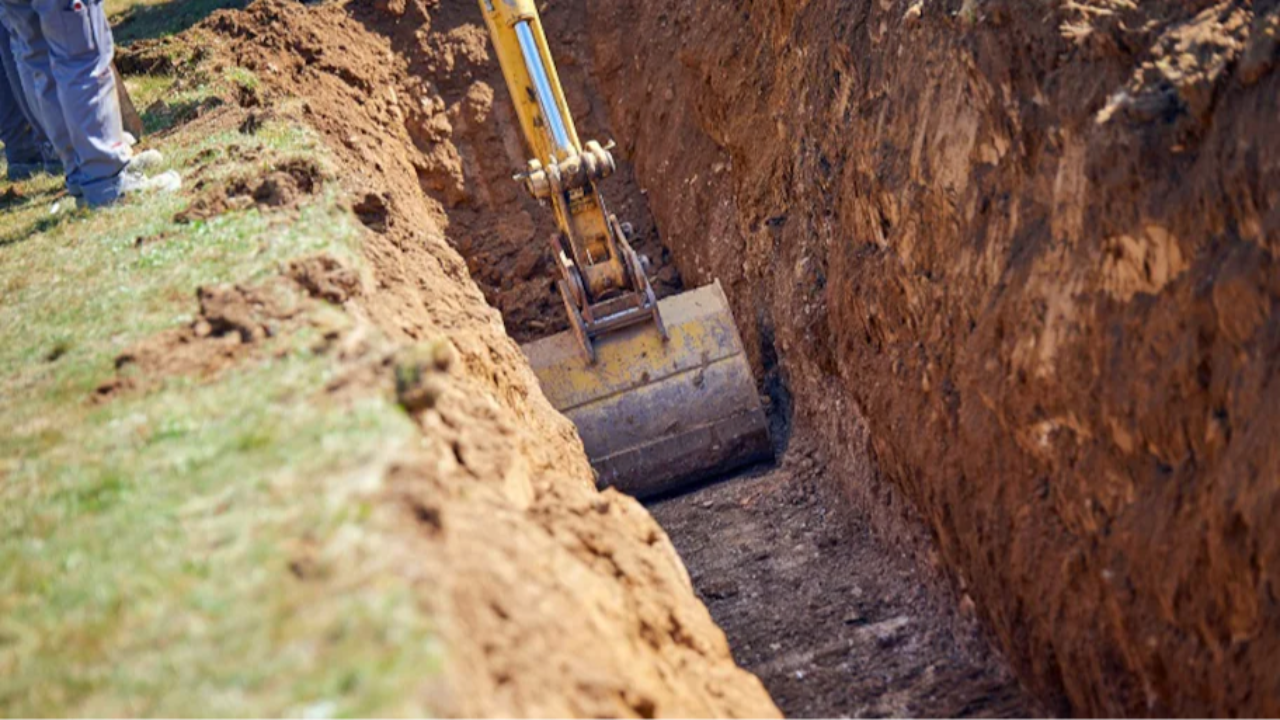Ensuring Trench Safety: A Story of Survival

Trench work is an essential aspect of construction and utility maintenance, but it can also pose significant risks if proper safety measures are not followed. In this blog post, we will delve into a conversation from the Kid Contractor podcast, where Alex Parker, a guest on the show, recounts a personal experience of surviving a trench collapse. Through his harrowing story, we'll explore the importance of trench safety practices and highlight the lessons we can learn to prevent such incidents from happening.
Alex Parker's Story:
Alex Parker begins his tale by describing his work with a company responsible for fixing water main breaks in a local area. In 2005, he embarked on a typical day, unaware that it would soon become a life-changing experience. Dispatched to address a water main break on a dirt road, he and his team encountered their first mistake: digging down the side of an old trench.
In their haste to avoid interfering with fiber optic lines running above their heads, they disregarded the crucial rule of never digging alongside an existing trench. As they burrowed down, Alex and his team found the waterline just six inches below the surface. Working to secure it, they affixed a coupling or band around the pipe, but in a tragic turn of events, the trench walls collapsed upon them.
Alex explains that trench work requires a thorough understanding of the differences between native ground and existing trenches. When digging down alongside an old trench, a fault line forms between the native ground and the trench. In their case, this fault line compromised the stability of the soil, leading to a catastrophic collapse.
Alex Parker's story serves as a vivid reminder of the risks associated with trench work and highlights the critical importance of adhering to proper safety protocols. Here are some things one can do to mitigate risk when working in a trench:
-
Identify and evaluate potential hazards: Before commencing any trench work, conduct a thorough assessment of the site to identify potential risks, such as nearby utilities, unstable soil, or adjacent excavations.
-
Call for utility locates: Always contact local utility companies to mark the locations of underground utilities before digging. This step is crucial in preventing damage to vital infrastructure and minimizing the risk of accidents.
-
Digging techniques: Avoid digging alongside existing trenches whenever possible. Maintaining a safe distance from previous excavations helps prevent soil instability and potential cave-ins.
-
Protective systems: Implement proper protective systems, such as shoring, trench boxes, or sloping, to support trench walls and mitigate the risk of collapses. These measures provide a safe working environment for workers inside the trench.
-
Competent personnel and training: Ensure that the crew members involved in trench work possess the necessary training and experience to handle potential hazards effectively. Regular training sessions on trench safety and emergency procedures are crucial in preventing accidents.
-
Constant vigilance: Regularly monitor the conditions within the trench and its surroundings throughout the duration of the project. Any signs of soil instability, water accumulation, or other changes should be immediately addressed to maintain a safe working environment.
Alex Parker's survival story serves as a poignant reminder of the importance of trench safety. By following established guidelines and best practices, we can minimize the risks associated with trench work and protect the lives of those working in these environments.
To hear the rest of Alex's story, listen to the full episode here. By understanding the personal experiences of those who have encountered dangerous situations, we can learn valuable lessons that will help us create a safer working environment for everyone in the trades.

